Depressants
$110.00 – $200.00Price range: $110.00 through $200.00
Depressants are widely used throughout the world as prescription medicines and illicit substances. Alcohol is a very prominent depressant. When depressants are used, effects often include ataxia, anxiolysis, pain relief, sedation or somnolence, cognitive or memory impairment, as well as, in some instances, euphoria, dissociation, muscle relaxation, lowered blood pressure or heart rate, respiratory depression, and anticonvulsant effects. Depressants sometimes also act to produce anesthesia.
Depressants
Depressants are a class of medications and substances designed to slow down the central nervous system, producing calming effects that can help alleviate anxiety, induce sleep, and reduce tension. Commonly prescribed for short-term relief from stress-related conditions, depressants include drugs such as benzodiazepines, barbiturates, and certain sleep aids. These substances work by enhancing the activity of gamma-aminobutyric acid (GABA), a neurotransmitter that inhibits nerve activity, resulting in feelings of relaxation and sedation.
Key Features
- Promotes relaxation and reduces anxiety
- Assists with sleep disorders and insomnia
- Fast-acting and effective for short-term relief
- Available by prescription for medical use under professional guidance
Important Notes:
Depressants, also known as central nervous system depressants, or colloquially known as “downers“, are a class of psychoactive drugs characterised by decreasing neurotransmission levels, decreasing the electrical activity of brain cells, or reducing arousal or stimulation in various areas of the brain.[1] Commonly used depressants include alcohol, opioids, and benzodiazepines. Some specific depressants do influence mood, either positively (e.g., opioids) or negatively (e.g., Alcohol), but depressants often have no clear impact on mood (e.g., most anticonvulsants). In contrast, stimulants, or “uppers”, increase mental alertness, making stimulants the opposite drug class from depressants. Antidepressants are defined by their effect on mood, not on general brain activity, so they form an orthogonal category of drugs.
It is closely related to sedatives as a category of drugs, with significant overlap. The terms may sometimes be used interchangeably or may be used in somewhat different contexts.[citation needed] Nearly all commonly used depressants are addictive, and use of them carries the risk of death from respiratory depression, especially in opioids.
| Quantity | 10mg, 50mg |
|---|
Be the first to review “Depressants” Cancel reply
Related products
Painkillers
Painkillers
Painkillers



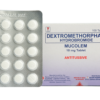
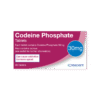
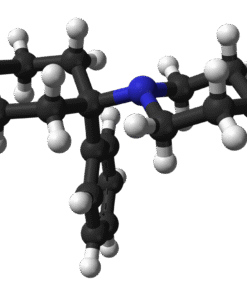
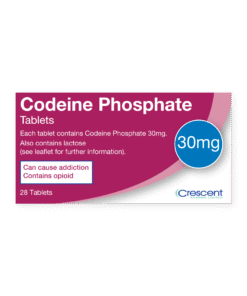
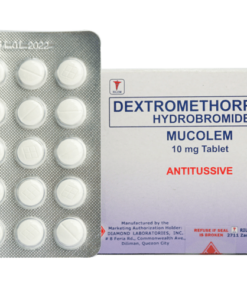
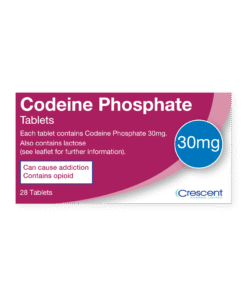
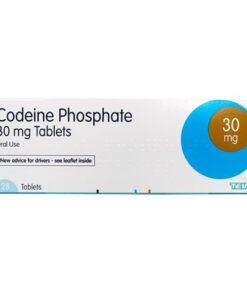
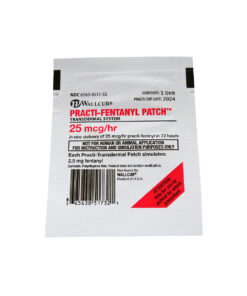
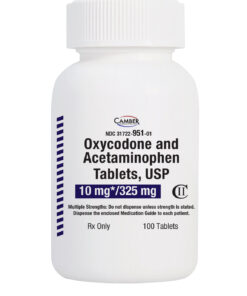
Reviews
There are no reviews yet.